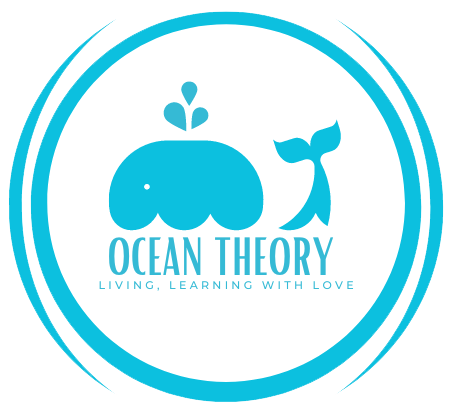Comic books have long been a source of entertainment, but their role in education is increasingly recognized worldwide. For Sri Lankan parents, understanding the educational benefits of comic books can open new doors to enhancing their children’s learning experience. Here’s why comic books are essential for education and how they can teach about diverse cultures, including our own rich heritage in Sri Lanka.
1. Enhanced Literacy Skills
Comic books are a powerful tool for improving literacy. The combination of visual and textual storytelling helps children understand and retain information more effectively. Research shows that the interplay of images and text in comics aids in vocabulary development and reading comprehension. A study by the University of Illinois found that comic books can significantly increase children’s reading motivation and improve their ability to infer meaning from context.

2. Encouraging Reluctant Readers
For children who are reluctant readers, comic books provide an engaging alternative. The captivating visuals and dynamic storylines can draw in children who might otherwise be disinterested in traditional texts. In Sri Lanka, where reading habits are still developing, comic books can be a gateway to a lifelong love of reading.
3. Cultural Education and Awareness
Comic books are an excellent medium for teaching children about different cultures, including our own Sri Lankan culture. They often depict diverse characters, settings, and traditions, helping children to understand and appreciate cultural diversity. For example, comics about Sri Lankan folklore, history, and contemporary life can instil a sense of pride and identity in young readers. By exposing children to stories from various cultures, we can foster empathy and global awareness.
4. Critical Thinking and Problem-Solving
The narratives in comic books often involve complex plots and characters facing various challenges. This complexity requires readers to think critically and make sense of the story, enhancing their problem-solving skills. A study published in the Journal of Educational Psychology highlighted that students who read comics are better at interpreting visual information and making inferences, skills that are crucial for academic success.
5. Visual Literacy

In today’s multimedia world, visual literacy is as important as textual literacy. Comic books teach children to interpret and analyse visual information, a skill that is increasingly valuable in the digital age. This ability to understand and create visual content is vital for future careers in various fields, including technology, media, and the arts.
6. Learning through Engagement
Comics engage children through compelling storytelling and imaginative artwork. This engagement makes learning more enjoyable and memorable. In Sri Lanka, where educational resources can sometimes be limited, comic books offer an affordable and accessible way to supplement traditional learning methods.
7. Building Emotional Intelligence
Comic books often explore themes such as friendship, bravery, and resilience, providing valuable lessons in emotional intelligence. By identifying with characters and their experiences, children learn to understand and manage their own emotions better. This emotional growth is crucial for personal development and social interactions.
Conclusion
Comic books are more than just entertainment; they are a valuable educational tool that can significantly benefit children’s learning and development. For Sri Lankan parents, embracing comic books can enhance literacy, foster cultural awareness, and develop critical thinking skills in a fun and engaging way. By integrating comic books into your child’s reading routine, you can help them grow into well-rounded, culturally aware individuals with a love for learning.

